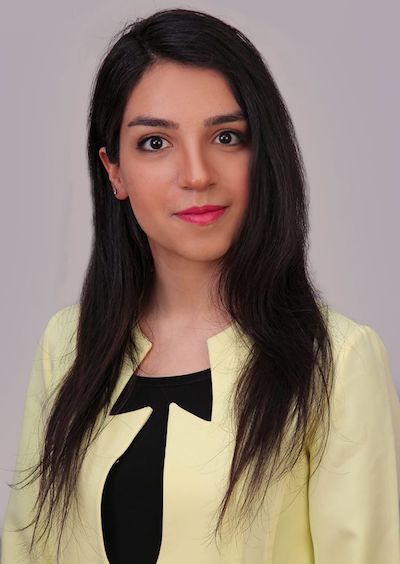
Christian convert Fatemeh (Mary) Mohammadi has used her first social-media post since her arrest on 12 January to thank her supporters for their concern during her 46 days in detention.
“I am grateful for all of you dear friends who have been concerned and followed my situation with concern,” Mary wrote on her Twitter page yesterday.
Mary added that her court hearing, scheduled for yesterday, had been postponed, but that she was not allowed to reveal the reason for the cancellation.
Article18 understands from a well-placed source that the hearing was postponed as part of the Iranian response to the fast-spreading coronavirus.
Mary added that no new date had been set for the hearing to take place.
Background
Mary was arrested near Azadi Square, Tehran, as protests took place after Iran’s Revolutionary Guards admitted they were behind the downing of a Ukrainian passenger plane.
Mary was held incommunicado for a month after her arrest before Article18 was finally able to confirm that she was being held in Qarchak Prison, south of Tehran.
The following day, the Persian-language news site HRANA reported that during her detention Mary had been beaten so badly – by male and female officers – that the bruises were visible for three weeks.
Mary was forced to sit in a yard for hours in extremely cold weather, opposite the toilets, and was not given any food until 24 hours after her arrest. She was also strip-searched twice by female officers, who told her that if she refused to remove her clothes, they would rip them from her.
Open Doors USA noted that Mary was one of around 2,000 prisoners in Qarchak, which is considered the worst women’s prison in Iran and has been sanctioned by the US for “gross human rights violations”, including abuse, arbitrary beatings, little drinking water and “creating an environment for rape and murder”.
‘Illegal rally’
Mary was charged with “disturbing public order by participating in an illegal rally” and initially refused bail, despite her family taking pains to raise the necessary 30 million tomans ($2,250), equivalent to more than the average annual salary under Iran’s current economic constraints.
But then on Wednesday last week, Mary was unexpectedly granted bail, ahead of her court hearing five days later.
There had been calls for the release of all political prisoners, over concerns the coronavirus could spread quickly within Iran’s overcrowded prisons.
Fellow Christian prisoner Ramiel Bet-Tamraz was also released from prison on the same day as Mary, three weeks ahead of his scheduled release.
The most recent report from the UN’s Special Rapporteur on Human Rights in Iran, Javaid Rehman, noted that Iran’s prisons were 27.7% above capacity – at 189,500 overall – even before the arrest of at least 7,000 protesters in November and after the release of some 61,000 prisoners to celebrate the 40th anniversary of the revolution.
He added that overcrowding provides a “source of infections and ill-health” and the “spread of infectious and communicable diseases”.
More about Mary
Mary is a rare example of a Christian activist still living in Iran and has already served six months in prison for her Christian activities, for which she was convicted of “action against national security” and “propaganda against the system”.
Last July, Mary faced fresh criminal charges relating to her “improper” wearing of hijab. Those charges, which were eventually quashed, were brought against her after she initially went to police to complain of an assault.
Then in December, Mary was kicked out of her Tehran university, without explanation, on the eve of her English-language exams.
In an interview with Article18, she said the denial of education was “used as a lever to apply pressure on religious minorities and human rights activists in the hope that individuals will halt their activities and abandon their beliefs”.
Mary’s case gained international attention, with even the US President, Donald Trump, citing her arrest during a high-profile national address.
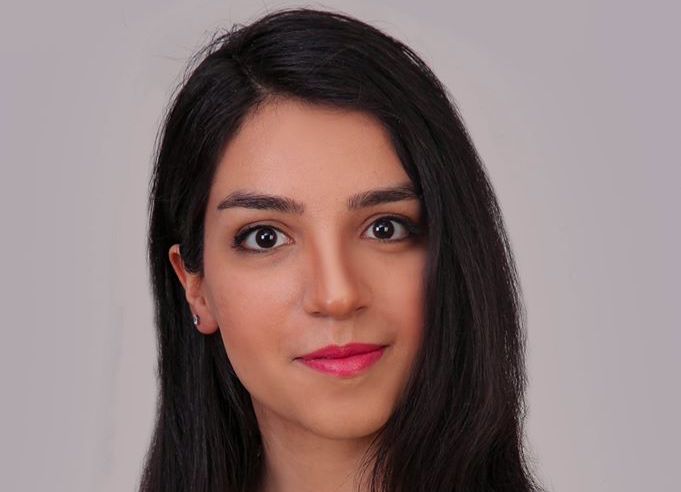
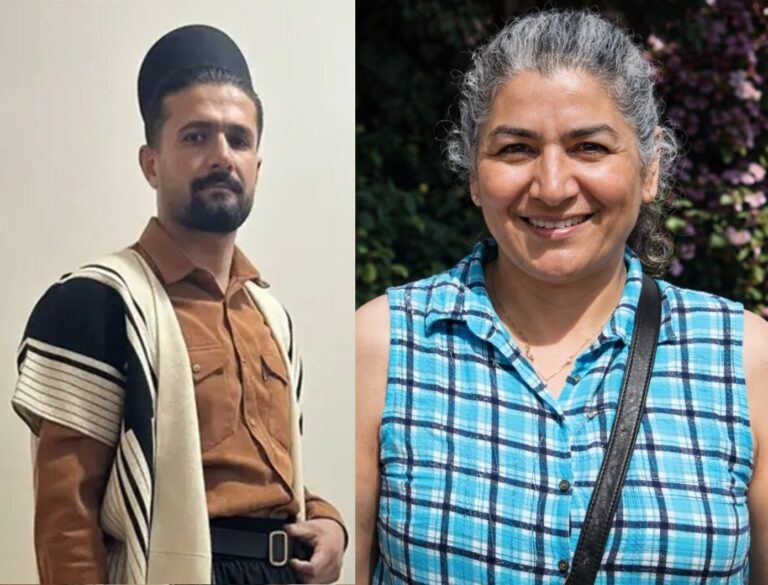
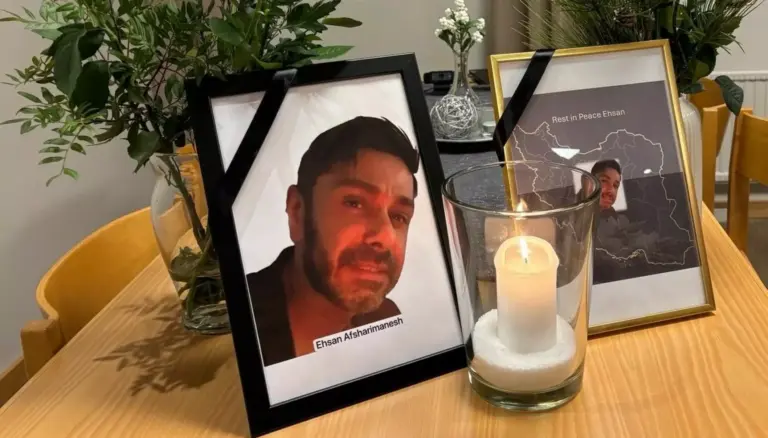
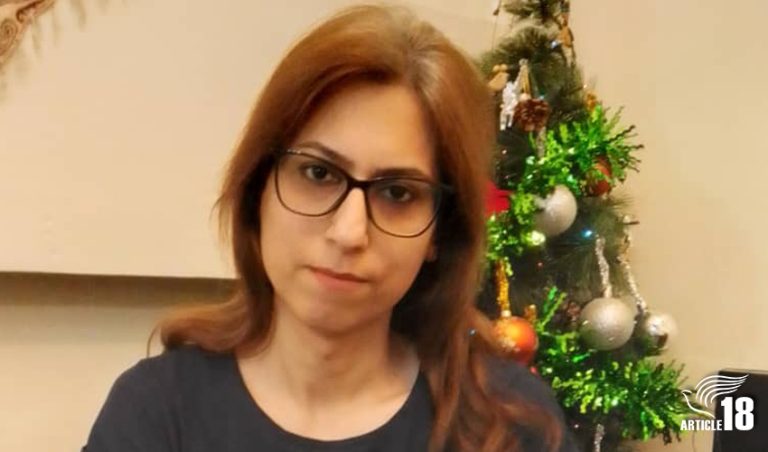
0 Comments
Trackbacks/Pingbacks